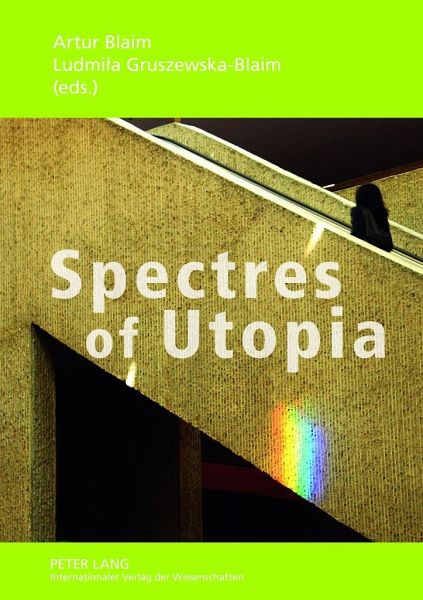
Spectres of Utopia
Theory, Practice, Conventions
Herausgegeben: Blaim, Artur; Gruszewska-Blaim, Ludmila
Versandkostenfrei!
Versandfertig in 6-10 Tagen
74,60 €
inkl. MwSt.

PAYBACK Punkte
0 °P sammeln!
Spectres of Utopia. Theory, Practice, Conventions introduces the latest trends in utopian studies, displaying a wide variety of theoretical perspectives as well as social, political, and cultural practices ranging from intentional communities and globalization to literary and cinematic utopias and dystopias. The contributors, who come from different disciplinary backgrounds, attempt to redefine not only the basic concepts of utopia, dystopia, and anti-utopia but also utopian studies as a whole, applying new conceptual and philosophical paradigms in the wake of the downfall of communism and the...
Spectres of Utopia. Theory, Practice, Conventions introduces the latest trends in utopian studies, displaying a wide variety of theoretical perspectives as well as social, political, and cultural practices ranging from intentional communities and globalization to literary and cinematic utopias and dystopias. The contributors, who come from different disciplinary backgrounds, attempt to redefine not only the basic concepts of utopia, dystopia, and anti-utopia but also utopian studies as a whole, applying new conceptual and philosophical paradigms in the wake of the downfall of communism and the crisis of the traditional forms of Western democracy.












